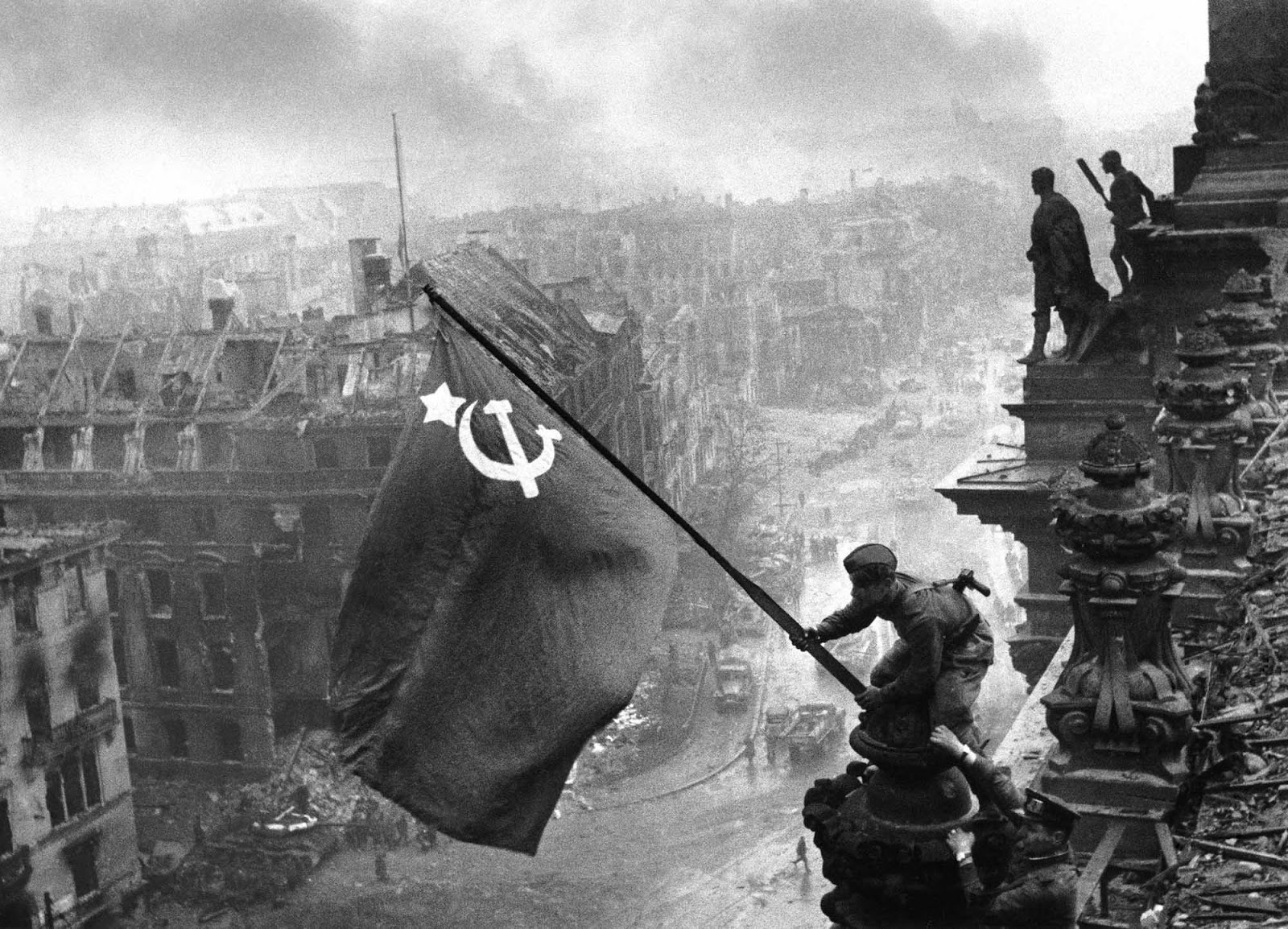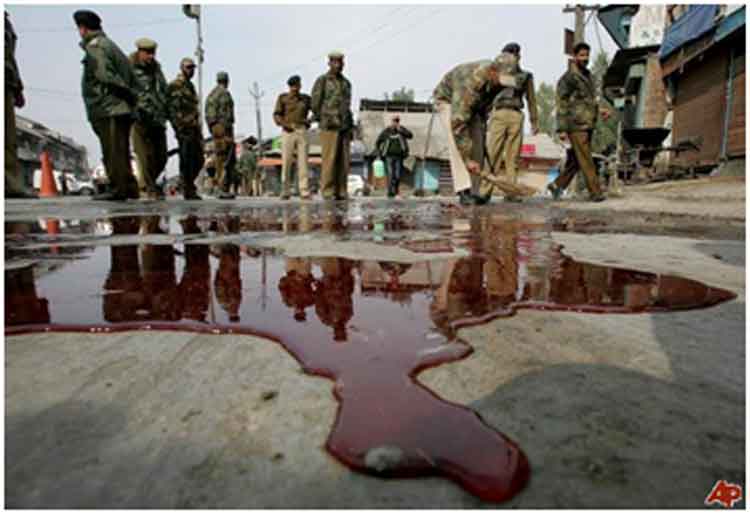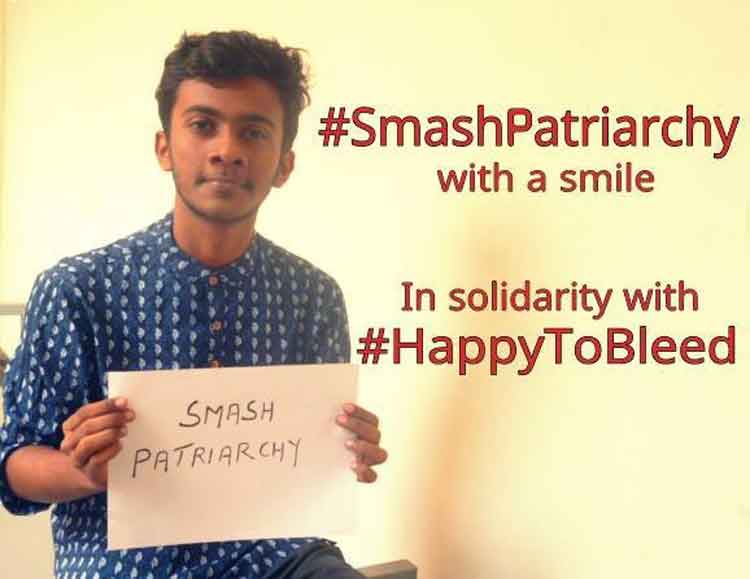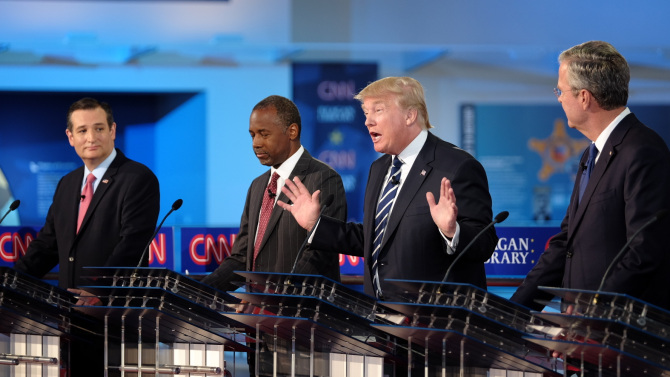Andre Damon
This holiday season, people all over the world will celebrate Christmas by expressing sentiments of tolerance and brotherhood. They will exchange gifts and cards, and try to smile a little more, in the distant hope that their individual benevolence might somehow extricate the world, at least somewhat, from the mire it is lodged in.
These genuine sentiments are, of course, goaded on by a good deal of official promotion. Anyone visiting a shopping mall or airport in much of the world over the holiday period will hear Christmas carols piped through loudspeakers extolling “peace on Earth, goodwill to men,” and exhorting them to have a “Merry Christmas.”
The holiday season is always a time where hypocrisy is pressed into service by the political establishment, a “Christmas spirit” created from the collision between religion and frantic merchandising. But there have been few holiday seasons so unhappy for so many people, and in which the spirit of tolerance and benevolence supposedly epitomized in the “Christmas spirit” clashes so obviously with reality.
Not since the end of the Second World War seventy years ago has the absence of “peace on Earth” been so stark, or “goodwill to men” so absent. Numerous public figures, from the Pope to the Prince of Jordan to The New York Times opinion page, have declared that the Third World War has already begun.
American warplanes and drones swarm the Middle East and North Africa, bombing, killing and maiming indiscriminately and driving millions from their homes. President Obama, according to press reports, will spend his holiday mulling over plans to further expand bombing in populated areas in Syria, which will radically expand civilian casualties.
Every major combatant in the first two world wars is again on the warpath. Germany and Japan, are feverishly remilitarizing to assert their influence on the European continent and in East Asia, respectively.
The millions of human beings displaced by war and poverty are greeted by states everywhere with barbed wire and guns. At least five million people were forced to flee from their homes this year, with one million seeking refuge in Europe, as a result of the wars in the Middle East stoked up by the Western powers.
These same powers, the self-styled bastions of tolerance and human rights, have responded to the flood of people desperately in need of aid by closing off their external borders and forcing hundreds of thousands to make their way over the Aegean Sea. Over 3,000 people have died this year seeking to cross into Europe by this route, while over 1,000 of these are children.
For an enormous section of mankind, this Christmas will not be “merry.” In fact, it is hard to imagine any Christmas in recent decades that will be so miserable for so many people.
For millions in the United States and around the world, it will be another year that they are denied by poverty the happiness of being able to afford holiday presents for their friends and loved ones.
Nowhere is this more true than in the center of world finance, the United States, where one in five US live in food-insecure households and millions of people will struggle to scrape together enough money for a holiday meal. For all the promotion of philanthropic “charity” by the media, one can scarcely imagine a more un-charitable society than contemporary America, dominated by a Dickensian level of cruelty to the poor.
In a suitable symbol of “Christmas in America,” a cafeteria worker in an Idaho middle school was fired last week for “theft” after she gave a hungry child a free meal. “My heart hurts,” she told a local news station. “I truly loved my job, and I can’t say that I wouldn’t do it again.”
All over the world, governments and the media are seeking to counter the sentiments of compassion by whipping up nationalism, xenophobia, communal hatred and paranoia. In the US, the leading Republican presidential candidate is an open bigot, declaring that Mexicans are rapists and calling for banning Muslims from entering the country. Donald Trump’s demagogy was expressed in action when a British Muslim family was prevented this month from boarding a plane to Disney World by the State Department, without any explanation.
In Germany, Angela Merkel, the supposed promoter of the “welcoming culture,” declares that “multiculturalism is a sham.” In France, the ruling Socialist Party, seeking to enshrine a permanent state of emergency into the constitution, is bent on obtaining the power to strip dual citizens of their nationality, a measure last used in France during the mass deportation of Jews under the Vichy Regime during the holocaust.
Anyone who has observed the world in 2015 must expect that 2016 will be a year of unprecedented violence and social misery. But the same processes driving the world to the brink of world war are those that must give rise to social struggle by the working class.
Unlike the professional liars and opinion-makers of the financial elite and its political representatives, the working masses of humanity take the ideals of universal peace and brotherhood seriously. They genuinely hope and strive for a better world, and will fight for it. In the coming period, millions will conclude that an independent political struggle by the working class, armed with a socialist perspective of overthrowing capitalism and reorganizing society on an internationalist basis, is the only means to achieve “peace on earth.”




